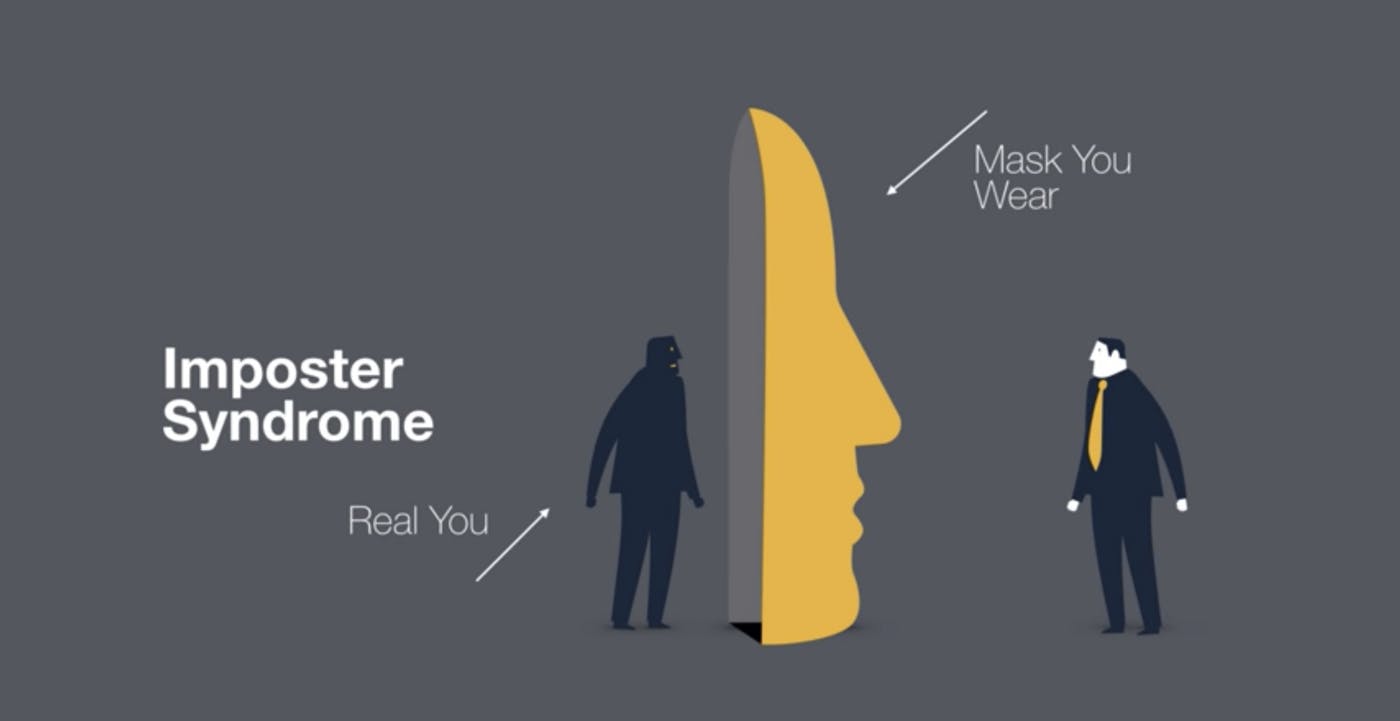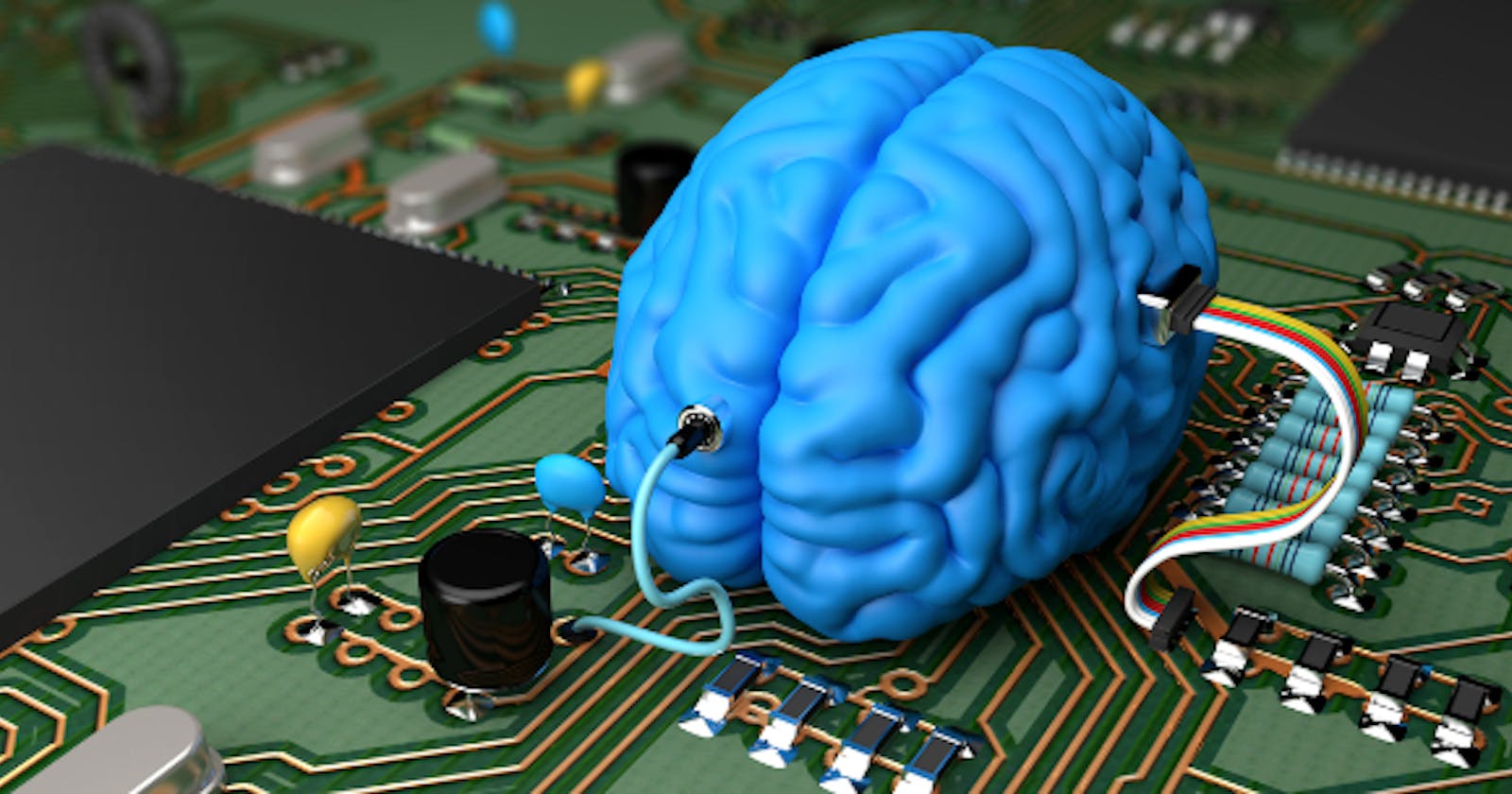Let's have a conversation about this nonsense.
It's incredible that hackers are compensated for breaching security. It's incredible how much money they can make simply by pushing a few keys on their mechanical keyboard. Hacker outfits include wearing a black hoodie and a Guy Fawkes mask. Hackers are antisocial introverts who enjoy spending time alone. Anyone who has Kali Linux installed on their computer can hack. Making money through hacking is a simple process.
The average individual frequently portrays hackers in this light. Deep down, however, this is not the case. Introverts do not make up the majority of hackers. They are both members of the same social group and like spending time with their families and friends. Hopefully, in the not-too-distant future, society will begin to regard hackers as ordinary people. This article explores an underappreciated aspect of hacking: Mental health
You might be wondering how cybersecurity relates to mental health. Today's cybersecurity professionals are more likely to suffer from despair, burnout, and even suicide. Many in the cybersecurity field don't talk about mental health since it's a delicate topic that people are hesitant to address freely. Mental diseases such as depression, anxiety, stress, burnout, imposter syndrome, and others affect members of our community, but we seem to dismiss them. People who suffer from mental diseases tend to keep their ailments hidden, which exacerbates their health problems. Let's speak about depression and imposter syndrome in greater detail.
#Depression

Depression is a serious mental illness that affects how you feel, think, and act. It causes feelings of melancholy and/or a loss of interest in formerly enjoyable activities. It can cause a variety of physical and emotional issues, as well as make it difficult to work and live at home.
Depression in Hacking Community

Let’s talk about Depression in the Hacking community. The cybersecurity field is very competitive. Lots of new vulnerabilities are being published daily, lots of research papers are being published by researchers. As a hacker, you should learn about all of those vulnerabilities to make yourself updated in this competitive field. Competition is itself one of the major sources of stress. There are other multiple reasons because of which depression is very common among Cybersecurity people. Some of them are as follow:
1. Lack of Sleep
2. Pre-existing Mental Condition
3. Too Much Screen Time
4. Drugs
5. Stress
6. Unhealthy Relationship
7. Comparing Yourself With Other
8. Firewalls
It’s important for Hackers to keep the digital world healthy. But they also need to prioritize their own health. We “Hacker” sleep a lot, Part of the joke, Our sleep schedule is messed up. Being a Cybersecurity learner, I can tell you this: We rarely get enough sleep, and we keep staring at screens all day and night, and this is the biggest source of stress. Let me be honest, Most hackers in my environment are on drugs because they do not want to deal with stress. It could be a quick fix, but it will negatively affect their physical and mental health in the long run.
Cybersecurity people always strive to make their clients’ companies as secure as possible, but sometimes they fail to deliver as they guarantee. When their clients are attacked by cybercriminals, they spend all day and night analyzing the attack, analyzing breached data, and fixing the vulnerability. Which will obviously increase their stress.
Imposter Syndrom

In Cybersecurity and Programming world, you have probably heard about or experienced Imposter syndrome before. But for those who don’t know,
Imposter Syndrome occurs when someone heavily doubts his/her own abilities, skills, or accomplishments and thinks they are fakes and have no place in their industry.
Imposter Syndrome is extremely common in Cyber Security and many other fields, to say the least. It is very common to feel that you don’t know anything if you are a beginner. Beginners start to compare themself with professional hackers but ignore their hard work that those professional hackers have done to reach there. I have listed some of the major causes of Imposter Syndrome:
1. Unrealistic Expectations
2. No Clear Career Paths
3. Constantly Evolving Field
4. Not Knowing What to Learn
A beginner starts exploring cybersecurity because either he loves computers as fuck or he saw someone who is earning $, every day. A beginner always has unrealistic expectations of $, fame, cool setup, etc which is not as real as it looks like. SO STOP RUNNING FOR MONEY, GET SKILLS FIRST.
The truth is, there is no clear pathway to become a hacker. Ask any hacker, he will probably answer “What would you like to learn? Web hacking? Android hacking? IoT hacking?”. There are lots of paths inside hacking. Instead of learning about these paths, beginner keeps wasting their time learning wrong things like termux(don’t get me wrong here, I am talking about the ones who install random tools and try to phis their crush.) and regret later and start comparing themself with others.
Slowly depression, anxiety, burnout, and stress will start hacking your brain and get a permanent access.
How to Escape?
Let’s Escape
My curiosity led me to try and find out how hackers (Join Our Community Pentester Nepal) handle stress and depression and Imposter Syndrome. These are some of the responses I received:
The thing that I’m trying to deal with depression is letting myself stay free doing nothing for a long period of time, but just for a short period of time in the gap of a month or two, I’m trying to push myself into doing things actively instead of staying depressed. — Binit Ghimire
Although I do not feel depressed like others, I sometimes have to deal with workplace stress. Whenever I become stressed, I listen to motivational rap music. — Nirmal Dahal
Depression and work stress are a state every person has in their life. Be it social, financial, or anything. All you have to do is keep working.. the best thing about time is it always changes. So just wait for your turn. Usually, I don’t sleep for long hours. I take short naps for 15 minutes. And also go for a short walk if the day is too hard. — Sid Joshi
I suffer from depression and anxiety for the past 2 years. Whenever I feel stressed, I go for a bike ride alone. I return home after some hours and start working. — Anonymous
In times when I feel so stressed and depressed while hunting for bugs, I try to relax and give myself time to do things I enjoy. I watch Netflix, hang out with friends, and take a nap. — Noneofyou
Escaping depression, anxiety, imposter syndrome, and any other mental problem is not a piece of cake. My first and last recommendation will be Doctor. Visiting a Doctor is the best thing you can do against depression and any other mental problems. Here are some other things to follow to deal with depressions, anxiety, imposter syndrome, and burnouts:
1. Get Enough Sleep
2. Find a Mentor
3. Talk to a Therapist
4. Plan Your Future and Work For It
5. Never Compare Yourself with Others
6. Excercise
7. Reduce Screen Time
8. Admit That You Can’t Learn Everything
9. Collaborate With Experienced Hackers
10. Stick to a Schedule
11. Stay Away from Drugs
12. Meditate
Conclusion
Depression and Imposter Syndrome doesn’t just go away, but it’s how you deal with it that can really make a difference.
Mental health is a very huge thing that cannot be discussed in one article. I wrote this introductory article just because I saw that everyone was ignoring this topic.
“Take your time healing, as long as you want. Nobody else knows what you’ve been through. How could they know how long it will take to heal you?”
I != Doctor. Everything I wrote here comes from my personal research. I encourage you to visit a doctor if you are experiencing any mental difficulties. Happy Hacking. Hack The Depression.

